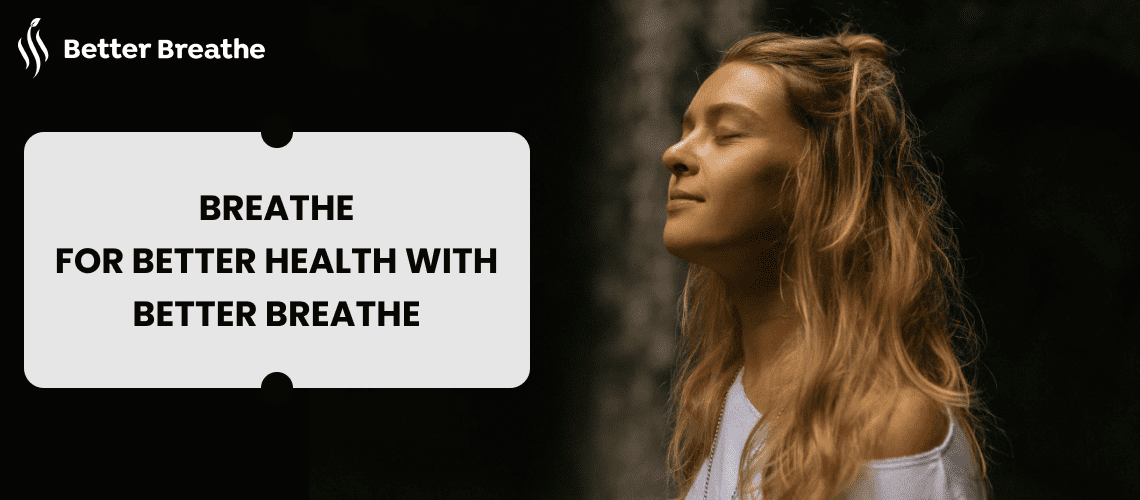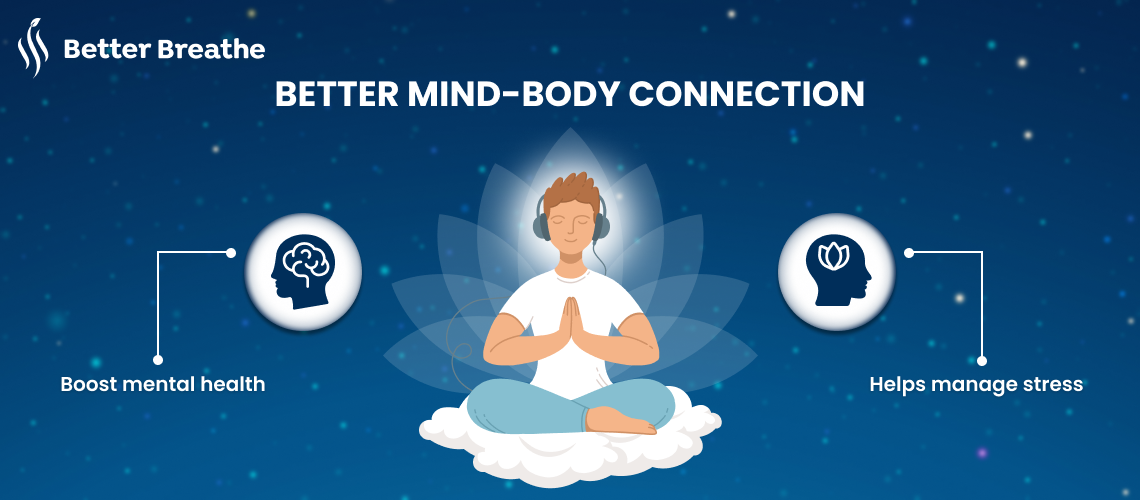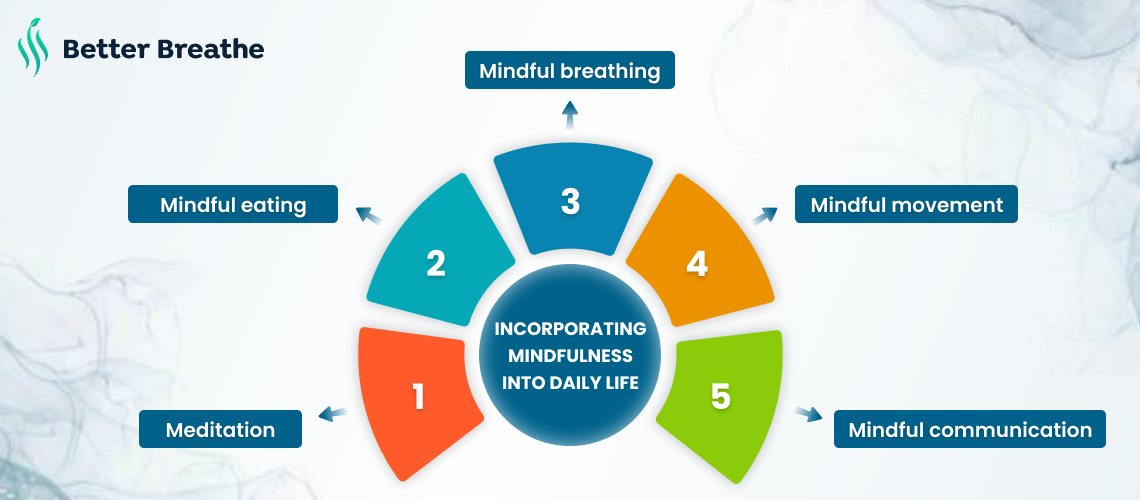
In the hustle and bustle of our daily lives, we often underestimate the power of something as simple as breathing. However, the way we breathe can significantly impact our overall health and well-being. In this article, we will explore the importance of mindful breathing and how it can lead to better health and a higher quality of life.
Before delving into the benefits of mindful breathing, let's understand the fundamentals of breathing itself.
The respiratory system is a complex network of organs and tissues responsible for the intake of oxygen and the expulsion of carbon dioxide from our bodies.
Diaphragmatic Breathing, also known as deep breathing, is a fundamental technique that involves the contraction of the diaphragm to fill the lungs with air. This method is crucial for optimal oxygen exchange.

Now, let's explore how breathing is intricately connected to our mental and physical well-being.
During deep breathing, the body responds by relaxing, reducing stress hormones like cortisol, and producing a sense of calm.
Practicing mindfulness through breath control enhances mental clarity, focus, and cognitive function.
Mindful breathing not only nurtures the mind but also bestows several physical advantages.
Conscious breathing improves oxygen circulation throughout the body, leading to increased energy levels and better overall health.
A well-oxygenated body is better equipped to ward off infections and illnesses, strengthening the immune system.
Now that we understand the significance of mindful breathing, let's explore some effective techniques.
The 4-7-8 technique involves inhaling for four seconds, holding the breath for seven seconds, and exhaling for eight seconds. This pattern helps induce relaxation.
Box Breathing entails inhaling, holding, exhaling, and holding the breath in equal counts, promoting balance and composure.

To reap the benefits of Mindful Breathing, it's essential to integrate it into your daily routine.
Mindful breathing during physical activity enhances endurance, performance, and recovery.
The simple act of breathing consciously can have a profound impact on your health and well-being. By incorporating mindful breathing techniques into your daily life, you can reduce stress, enhance mental clarity, and enjoy a healthier body. So take a deep breath and start your journey to better health today. You can access our app on the Play Store and App Store.